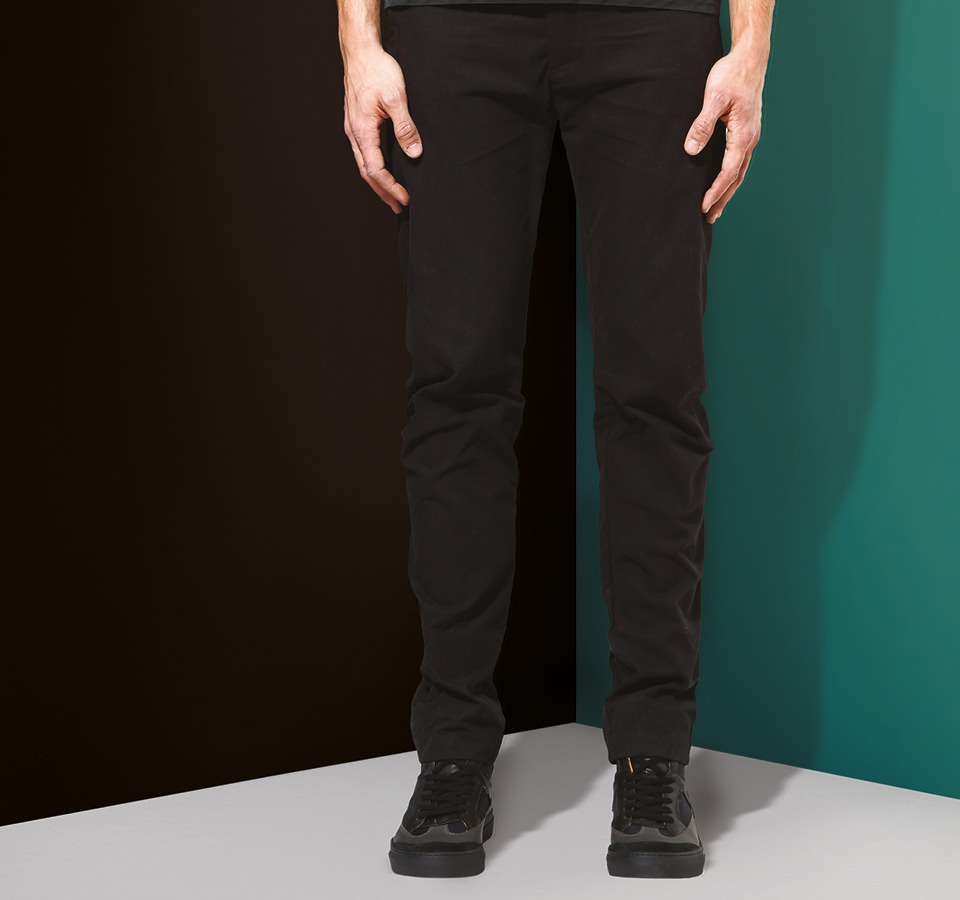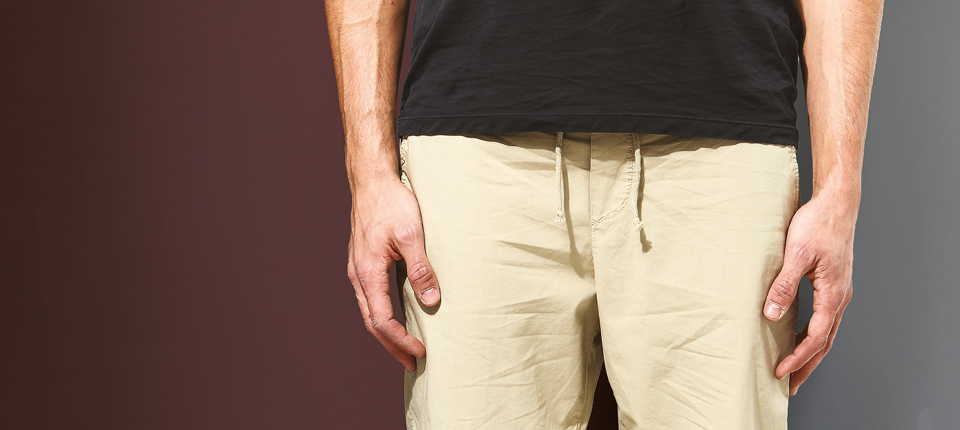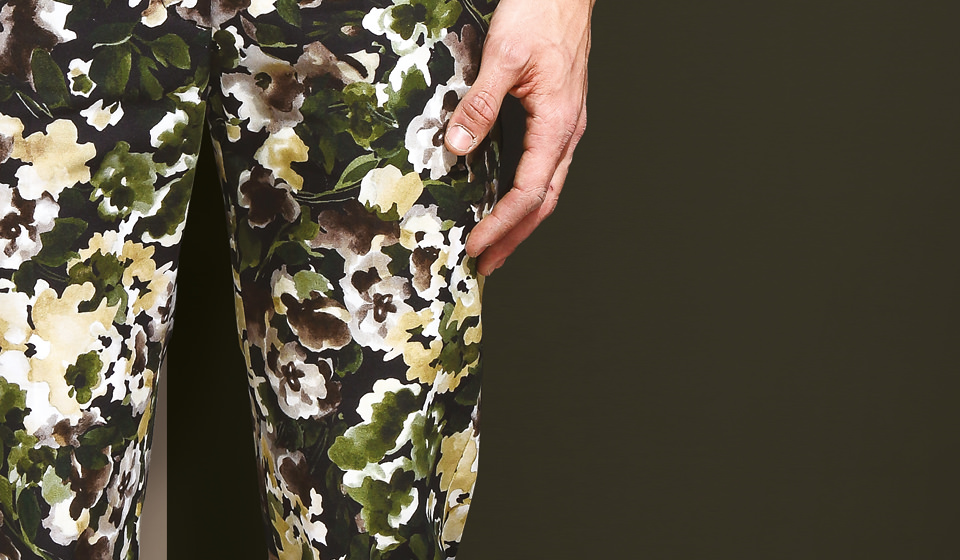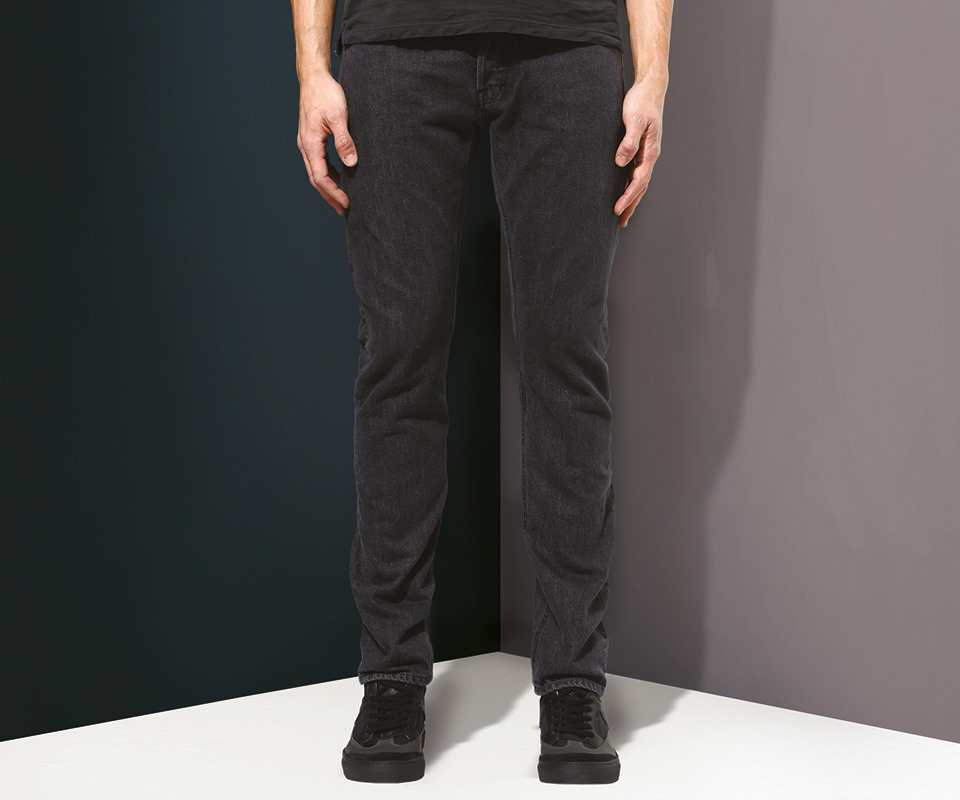Who wears the trousers?
A small dictionary of aphorisms and sayings about the indispensable mainstay in every man's wardrobe

Pantalone will pay. This saying is metaphorically used in Italian to refer to those who usually pay for all in the end, even without any benefit. It refers to both the person, often wealthy, who covers expenses arising from the wasteful conduct of others, and the act itself of taking undue advantage of other people. In a broader sense, it refers to the helpless taxpayer against the State that squanders public money. 'Pantalone will pay' has its closest meaning in English as 'Of course, muggins will pay.'
There are different versions of the saying. The most accredited one sees it dating back to 1400, when the cities of Ferrara, Naples, and Pisa were at war against the French and the Turks, and costs ended up weighing heavily on the Republic of Venice. Indeed, "Pantalone" is the Carnival mask representing the rich and miserly merchant in Venice's Commedia dell'Arte.
Wear the trousers. This phrase is used to address the dominant or controlling person in a relationship. Indeed, in the past only men wore trousers; they were the head of a household, and this garment was used as a symbol of their authority.
To remain in canvas short pants. To suffer economic harm, especially when it was thought to make a profit instead. Often because of a scam, an unforeseen event or a wrong choice. Also this saying, of Venetian origin, can be traced back to the past, when those who couldn't afford to pay their debts were publicly mocked by being left with only their canvas short pants. Nowadays, the term is associated with trousers, but at the time it referred to a type of undergarment.
Finally, an old Italian proverb says: If you don't use your head you'll have to use your... pants!




